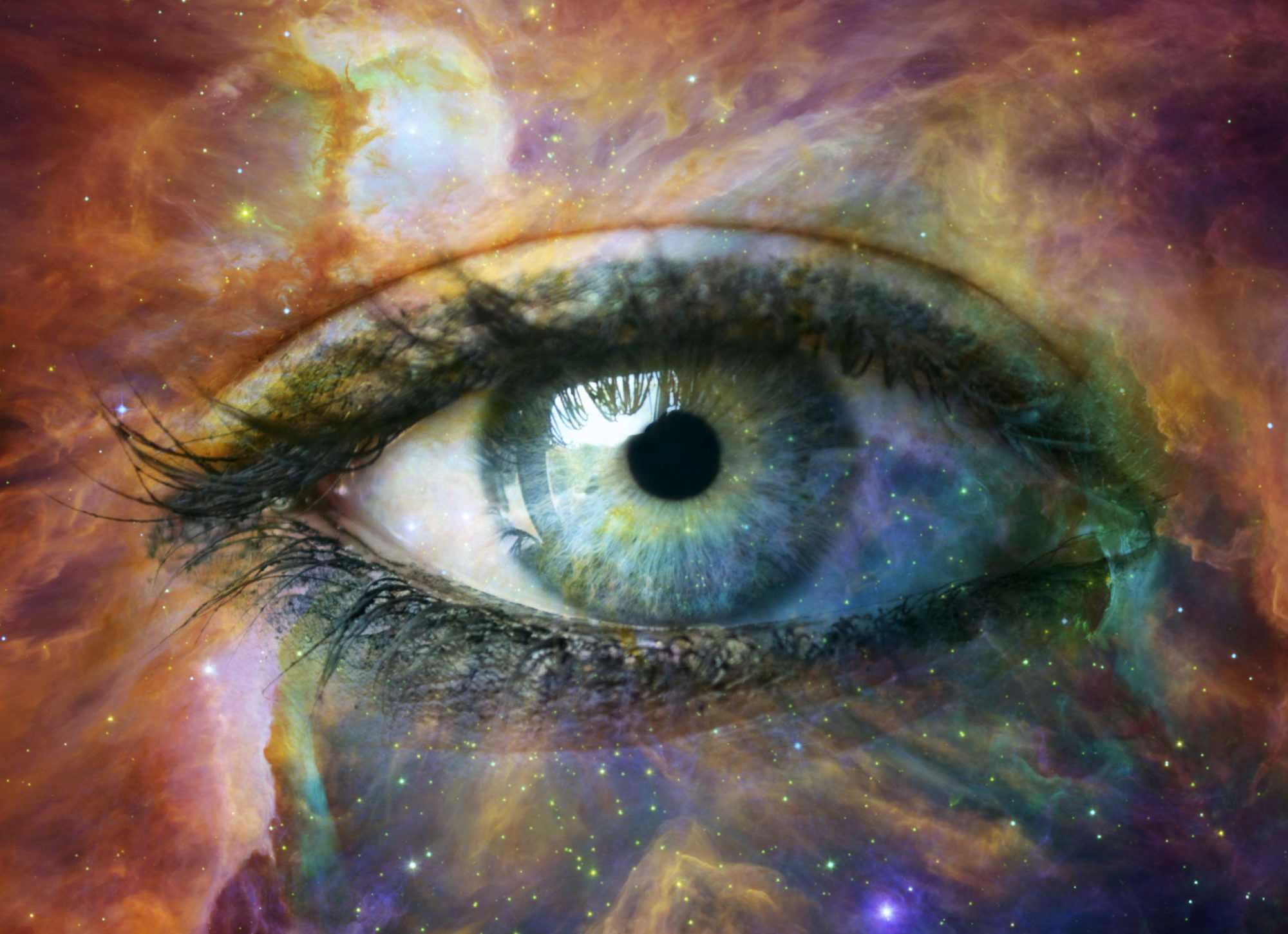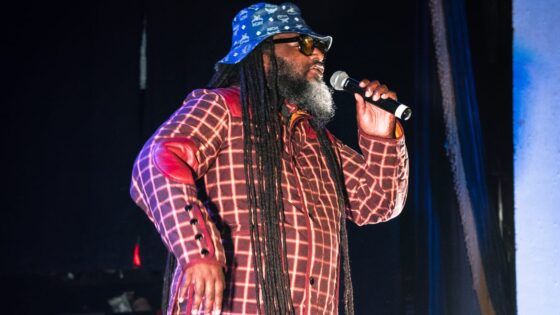on
BY ERROL A. GIBBS
What is human enlightenment? What does it mean to be enlightened? Is it similar to “The age of enlightenment?” Enlightenment, French siècle des Lumières (literally “century of the enlightened”), German Aufklärung, a European intellectual movement of the 17th and 18th centuries in which ideas concerning God, reason, nature, and humanity were synthesized into a worldview that gained wide assent in the West and that instigated revolutionary developments in art, philosophy, and politics. Central to enlightenment thought were the use and celebration of reason, the power by which humans understand the universe and improve their condition. The goals of rational humanity were considered to be knowledge, freedom, and happiness” (https://www.britannica.com/event/Enlightenment-European-history).
This brief discourse about “human enlightenment” does not refer to the “age of enlightenment” described by post-medieval times. It is about the light that comes from the relationship between human beings and the source of God’s divine light that illuminates human life —referred to in Biblical literature (John 8:12).
The benefits of this source of light that radiates throughout the world are twofold. (1) It heightens the access to the knowledge, wisdom, and understanding of God —our Vertical Relationship (VR). (2) It transforms the behaviour of people towards each other —our Horizontal Relationship (HR). Paradoxically, many seem to view the quantum leap in material accomplishments of the postmodern world as the primacy of human existence.
The VR with God awakens humankind to the understanding that we are “spiritual beings” striving to master the human experience —living temporarily in mortal bodies. The connection between the human spirit and God’s Spirit enhances “mortal life.” A broken relationship leads to spiritual death. Similarly, a tree draws nutrients from the soil to sustain “botanical life.” Likewise, taking the roots out of the ground, the tree dies —prematurely.
Spirituality is not an abstract notion. A spiritual person is one who demonstrates the “fruit of the spirit” in his or her life in public and private, such as love, joy, peace, patience, kindness, goodness, faithfulness, gentleness, and self-control. Against such things, there is no law (Galatians 5:22-23).
Is human enlightenment merely the product of social, cultural, educational, economic, scientific, and technological achievement? These attainments underpin sophisticated lifestyles emphasized by the pursuit of money, material wealth, and power. They foster essential creativity and innovation that fueled the first Industrial Revolution (1700s – 1900s) financed by the capitalist class, and facilitated by the political elites, up to the fourth Industrial Revolution (https://www.sentryo.net/the-4-industrial-revolutions/).
Observe —humankind has arrived in the twenty-first century, bewildered and dejected with the state of our postmodern world. We cannot go back to the modern or premodern times, but we can begin a new search for “human enlightenment.” What should the searcher expect to find in an enlightened “new” era of high civilization? Unmistakably, a world bolstered by social and economic equity, technological empathy, fairness and justice, health and happiness, and prosperity for all.
Notwithstanding, humankind has been thrust —manifestly unprepared into a world of exponential growth in materialism. Corresponding, an increase in the number of upper and middle-class families with money, and material wealth, personified enlightenment. This new epoch of assertiveness fostered the growth of academia, underpinned by the university network through the world and scholarly narratives, which largely excludes God as the Creator of the universe.
Religious (Spiritual) absolutes have mostly given way to Agnosticism, Neopaganism, Spiritism, Universalism, Humanism, and Zoroastrianism, as well as the more familiar world religions, some of which date back to antiquity, and new religions that have come to the surface as alternatives to religious orthodoxy. Hence human lives have become less fulfilling, evidenced by a diminished capacity to order our steps (Jeremiah 10:23) (circa 622 BCE).
The reality of our postmodern era is that humankind has arrived in the twenty-first century at the crossroads of enormous financial and material progress, on the one hand, a decline in spiritual, moral, social, and intellectual growth on the other hand. Perpetual wars against each other in a vain pursuit of peace, security, and supremacy are symptomatic of minds filled with darkness as opposed to light.
The first imperative of human growth and development ought to be spiritual enlightenment (SE), which surpasses other forms of enlightenment, such as financial, material, and scientific. SE ought to underpin Scientific Intelligence (SI). Ironically, SI has ascended as the preeminent answer to the longing for origin, meaning, and purpose of life.
Human civilization can only achieve the high goals of enlightenment through education, but only through a “new” paradigm that embraces a Wholesome Education Curriculum (WEC), founded in five foundational elements of human development —spiritual, moral, social, intellectual, and physical. This new approach establishes the basis for the enlightenment of peoples and nations, and not merely education that principally, advances “Academic Information Literacy” (AIL).
WEC underlies the solutions to all of the problems facing humankind, within marriage, family, community, corporation, and nation. It helps the individual to see beyond the narrow ambit of self —beyond race, class, religion, culture, colour, gender, and nationality. With this new understanding of a WEC —a new frontier of “human enlightenment” is achievable in the postmodern era.
Stay in the loop with exclusive news, stories, and insights—delivered straight to your inbox. No fluff, just real content that matters. Sign up today!













